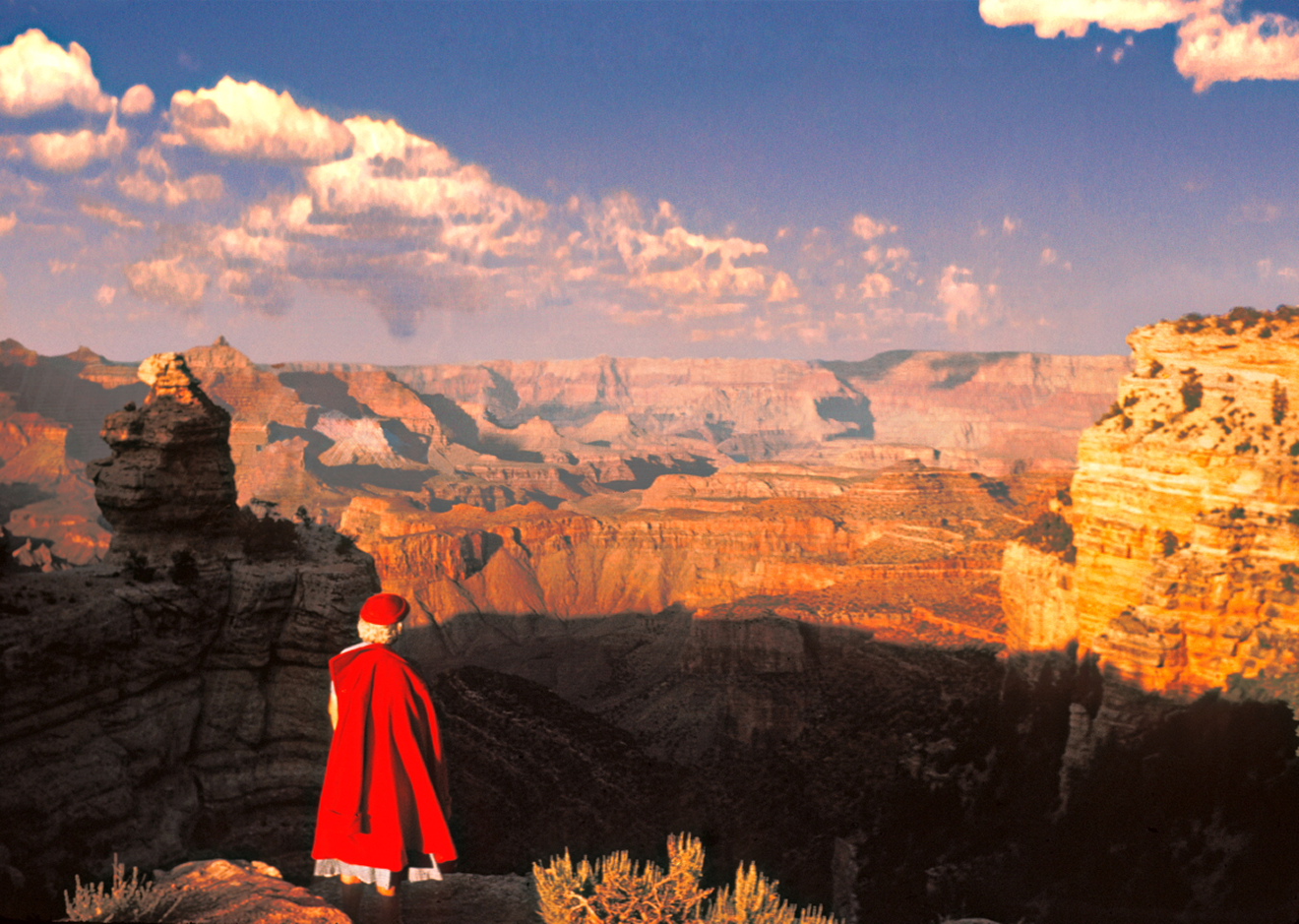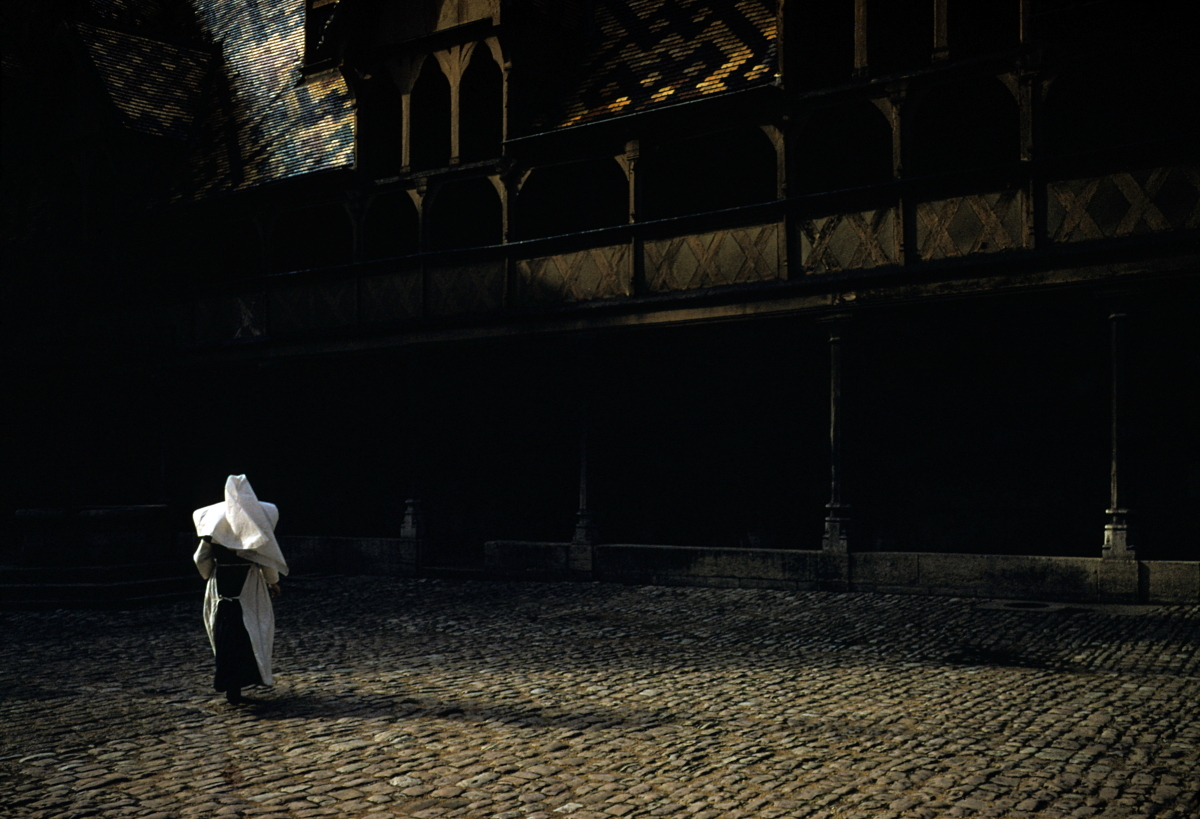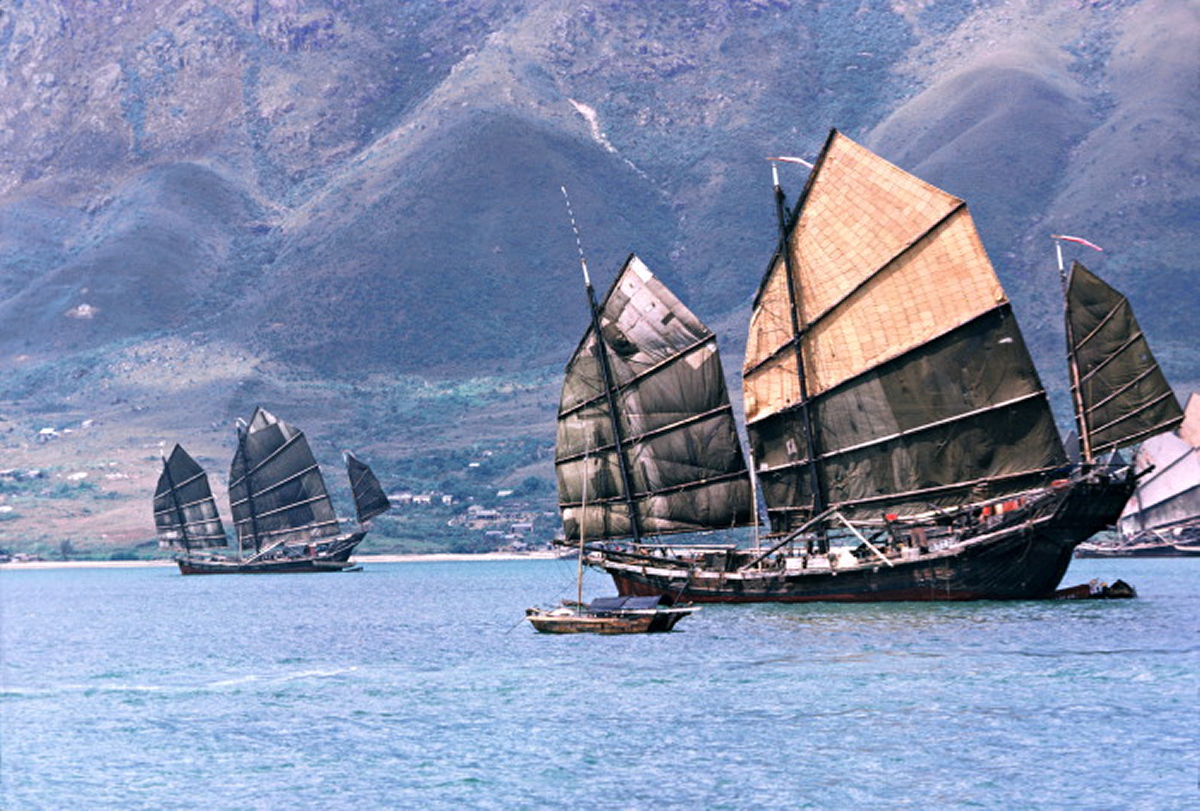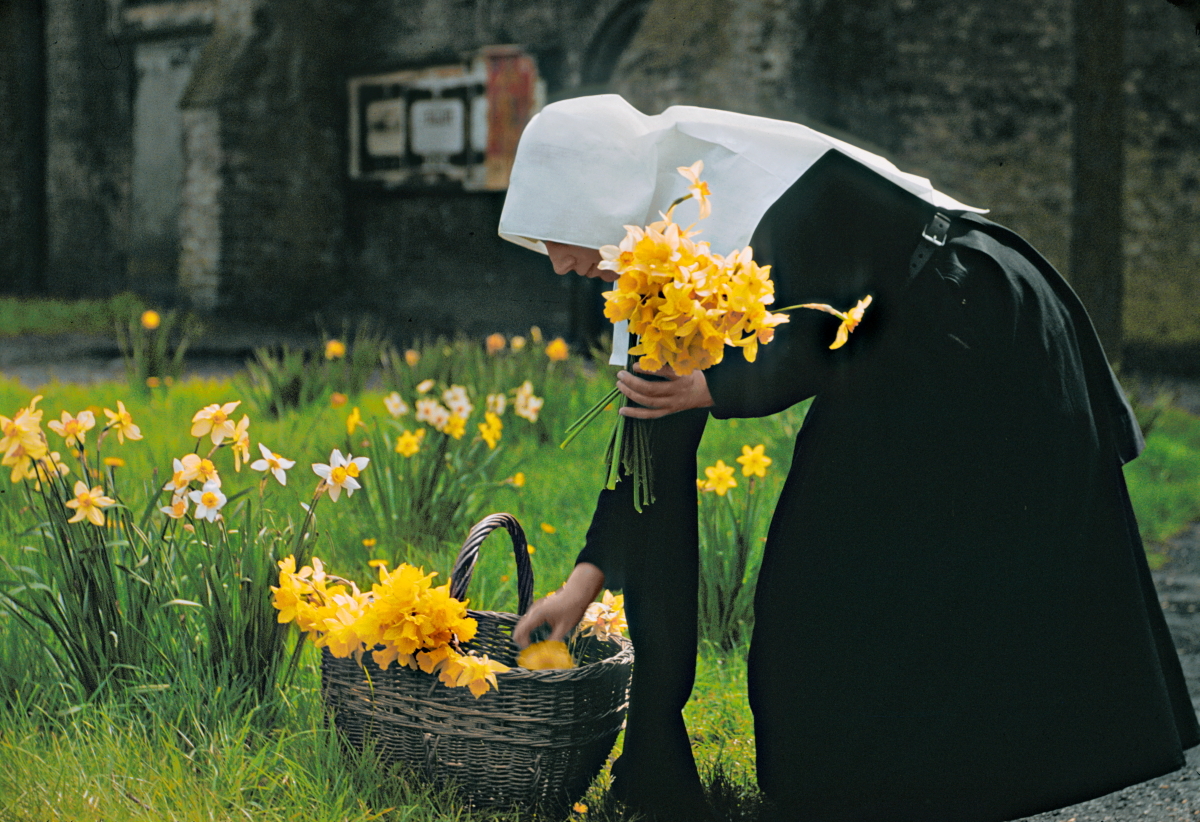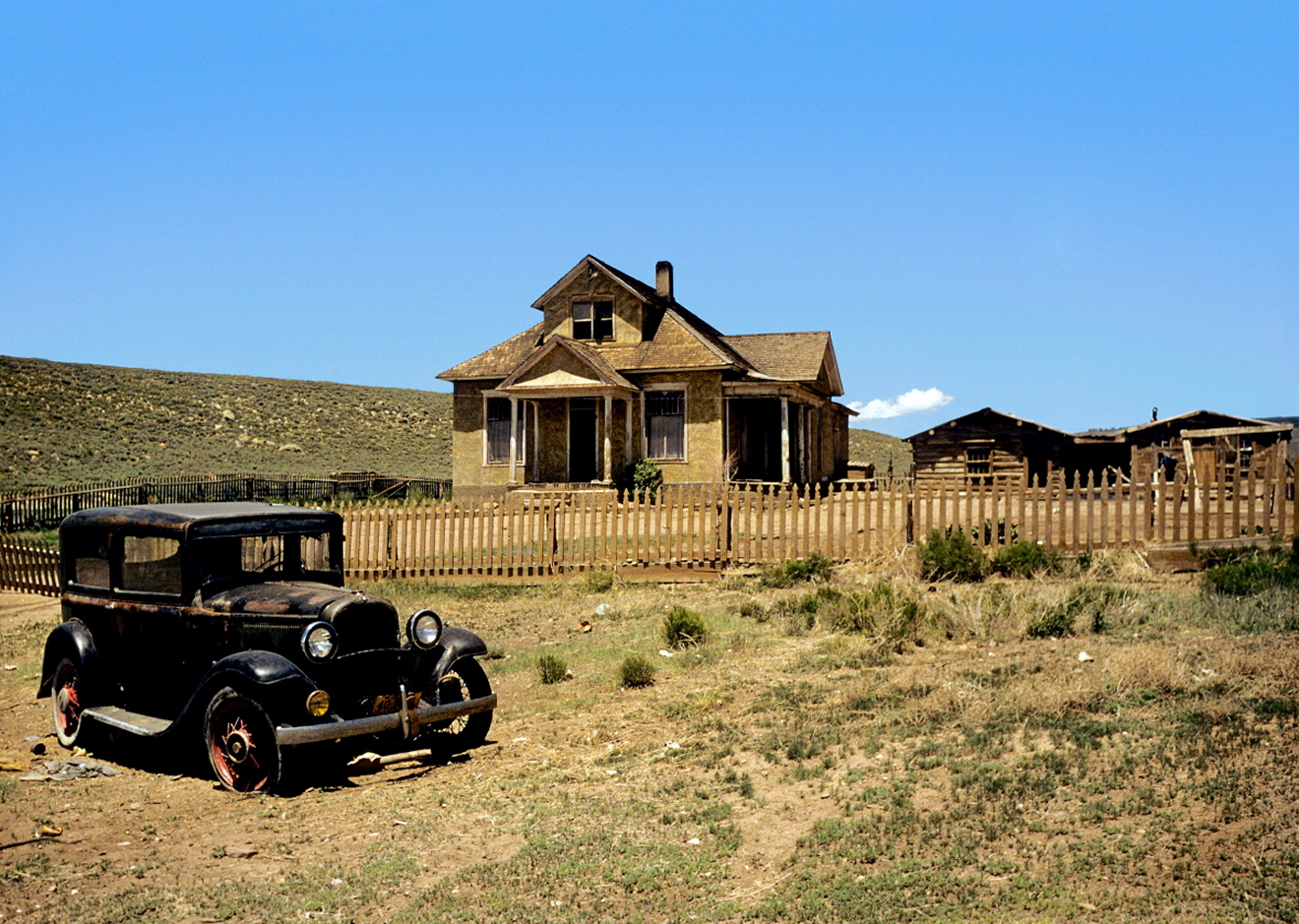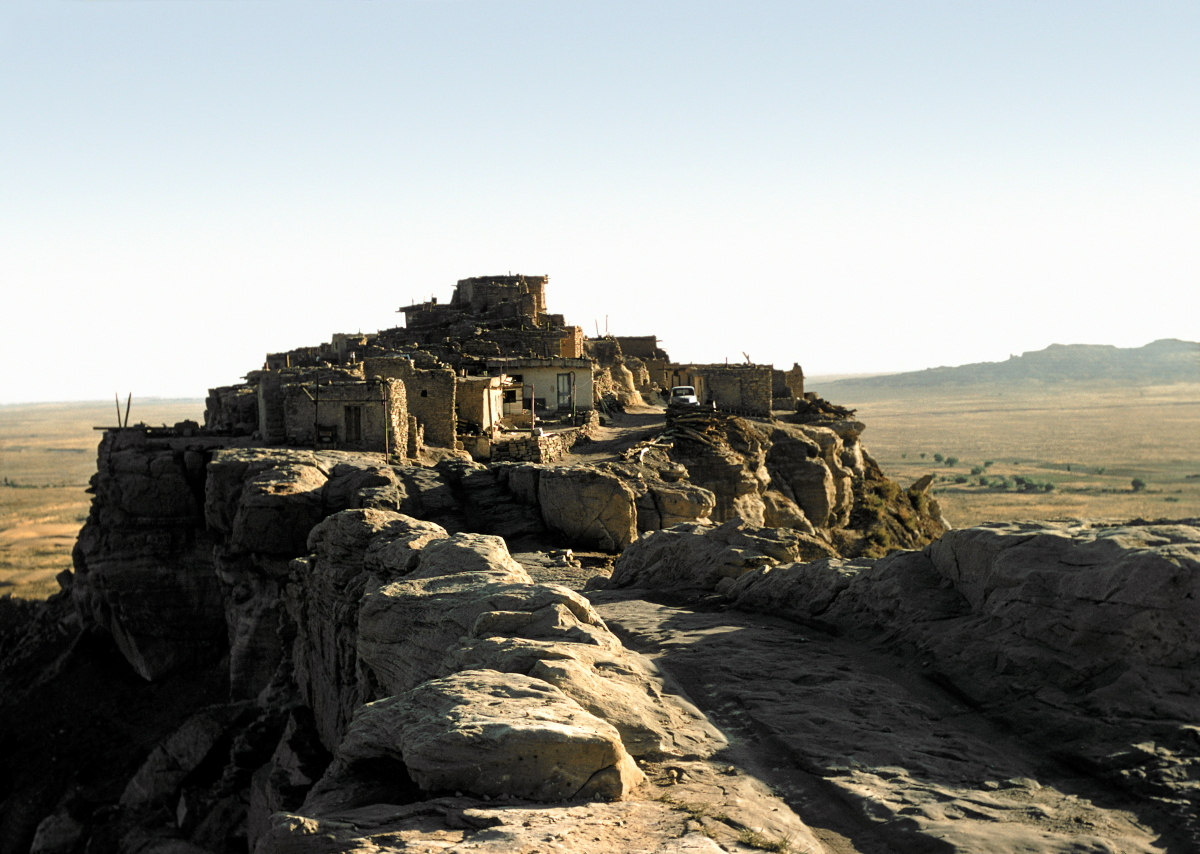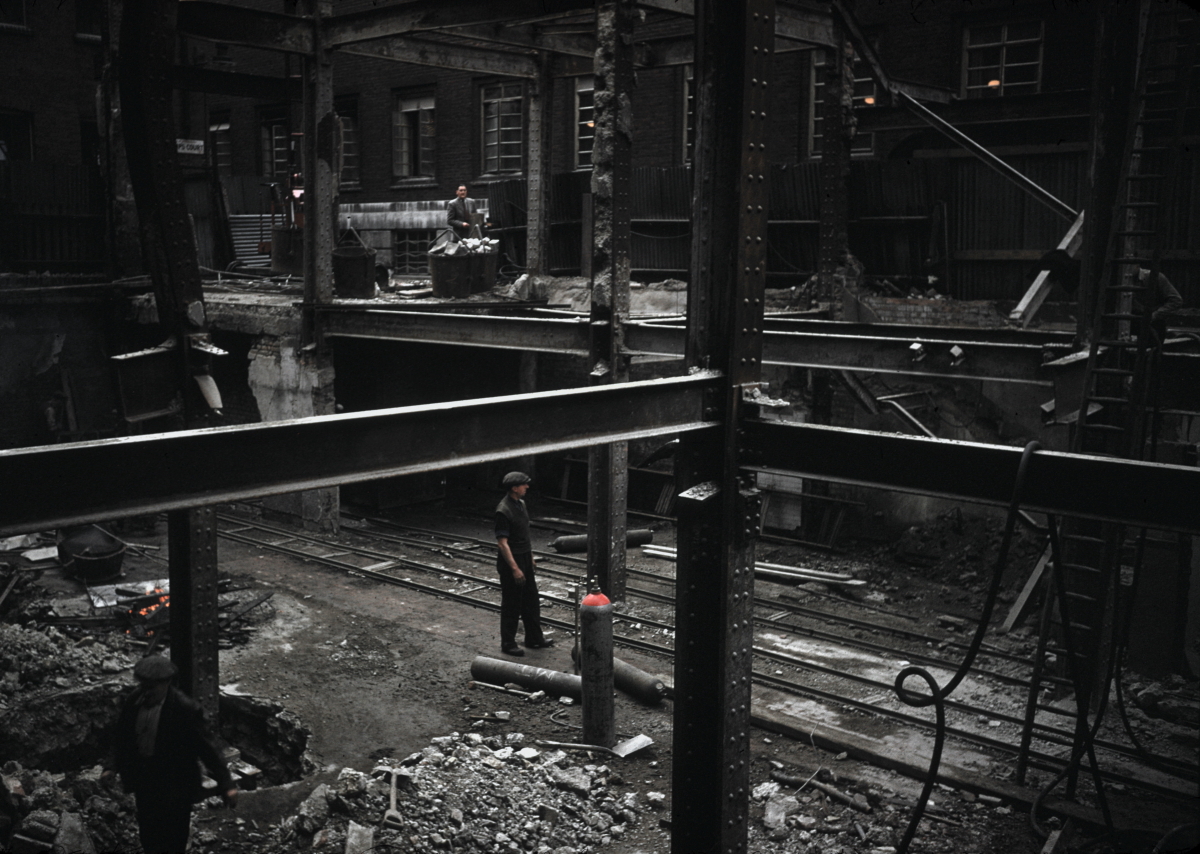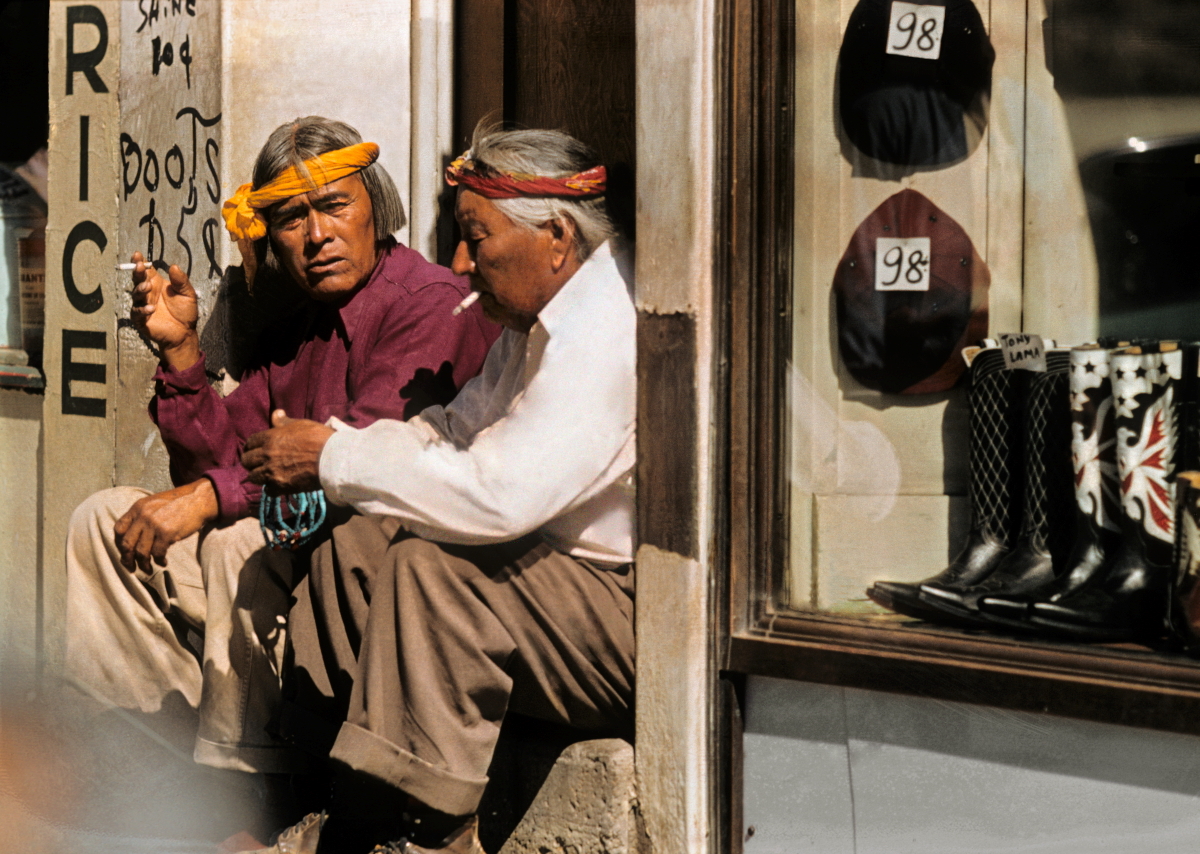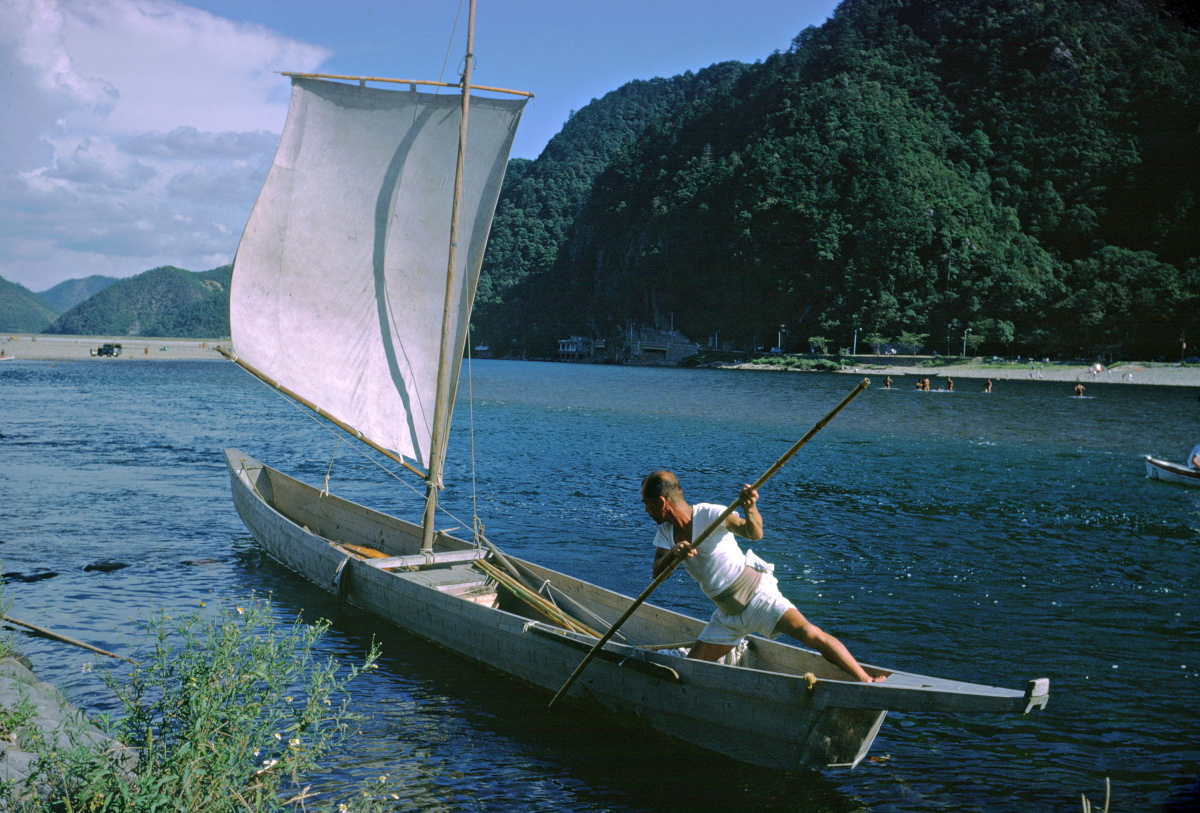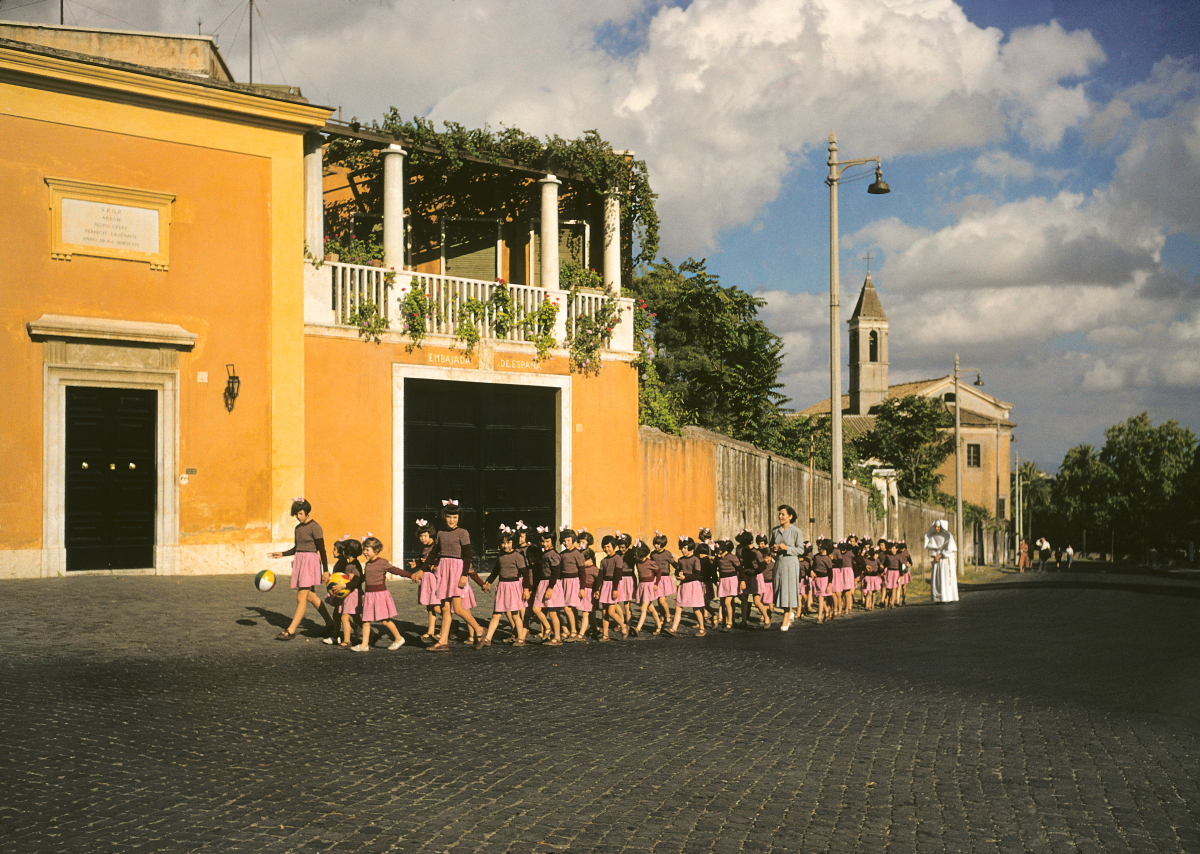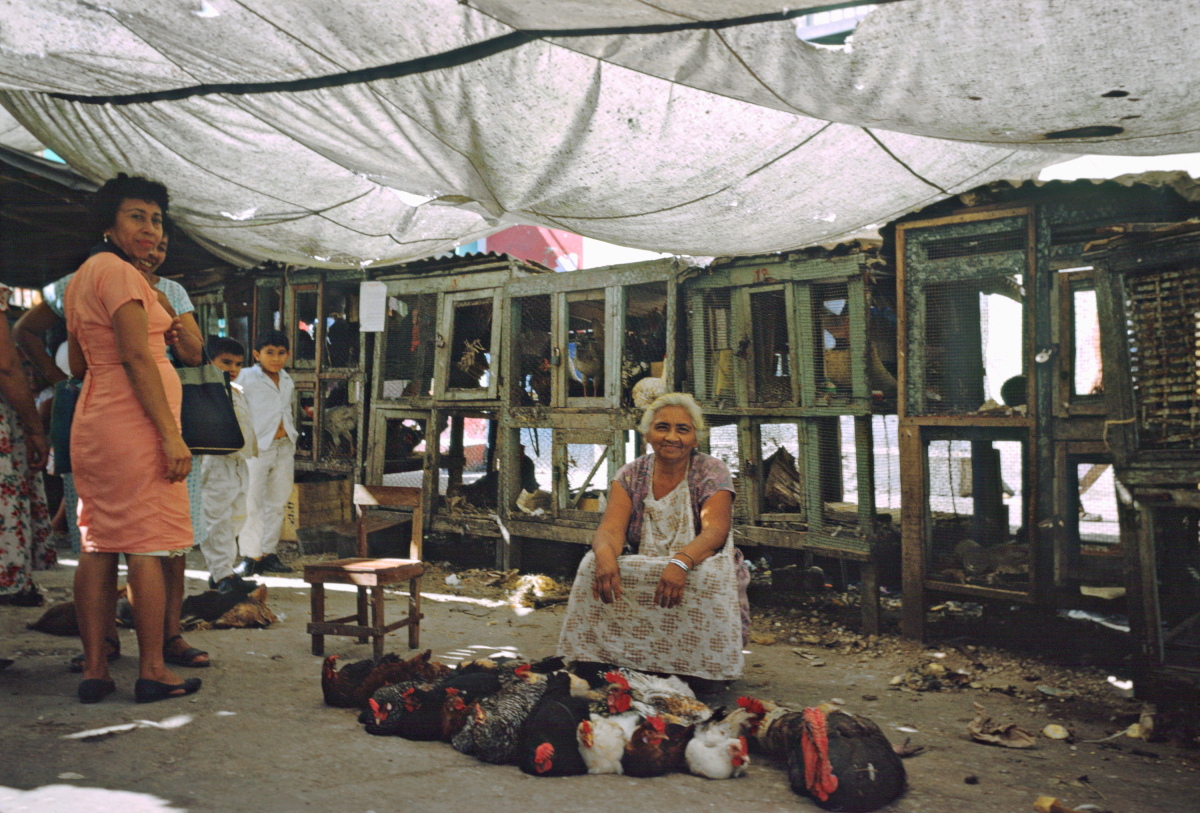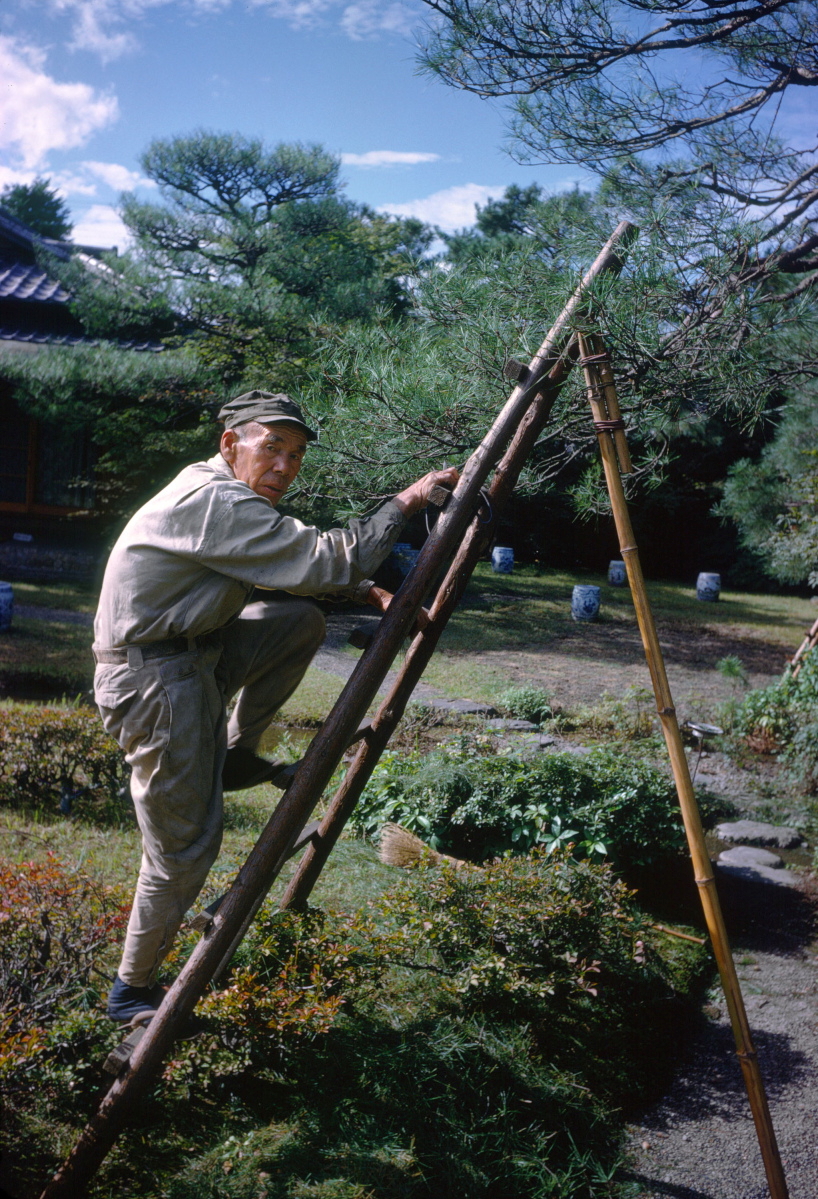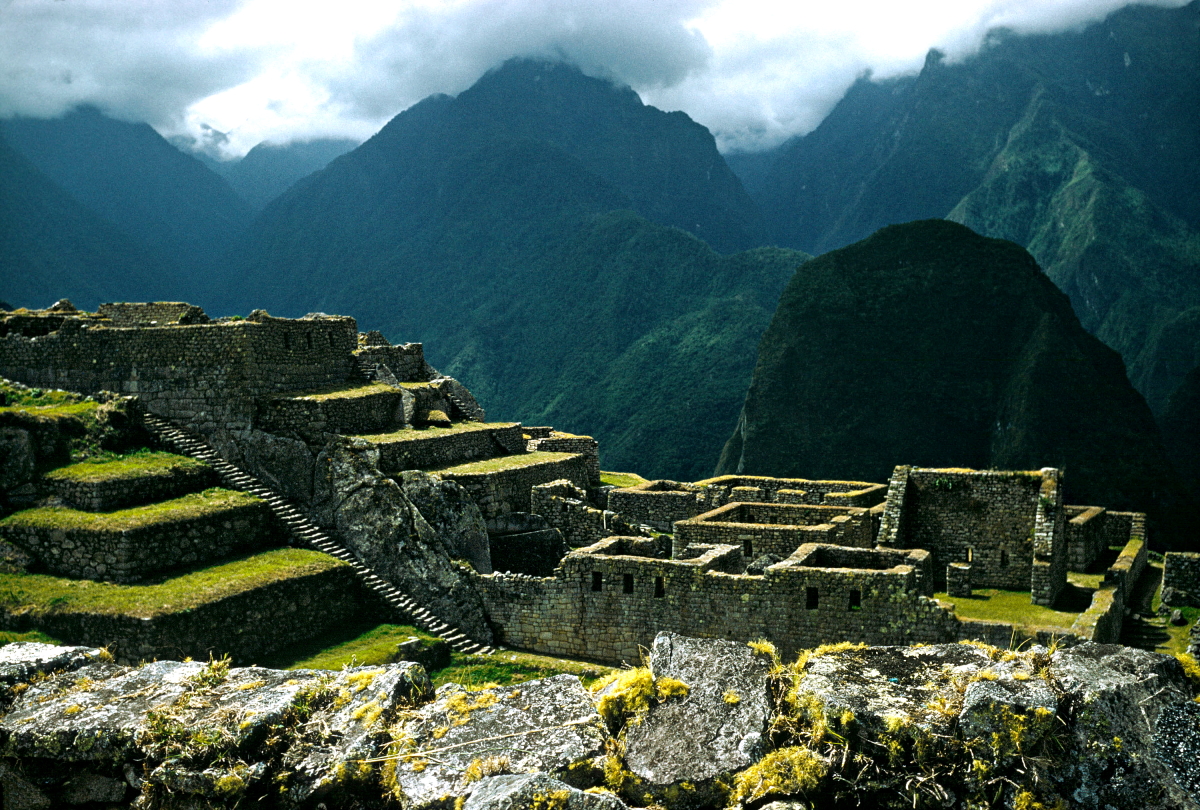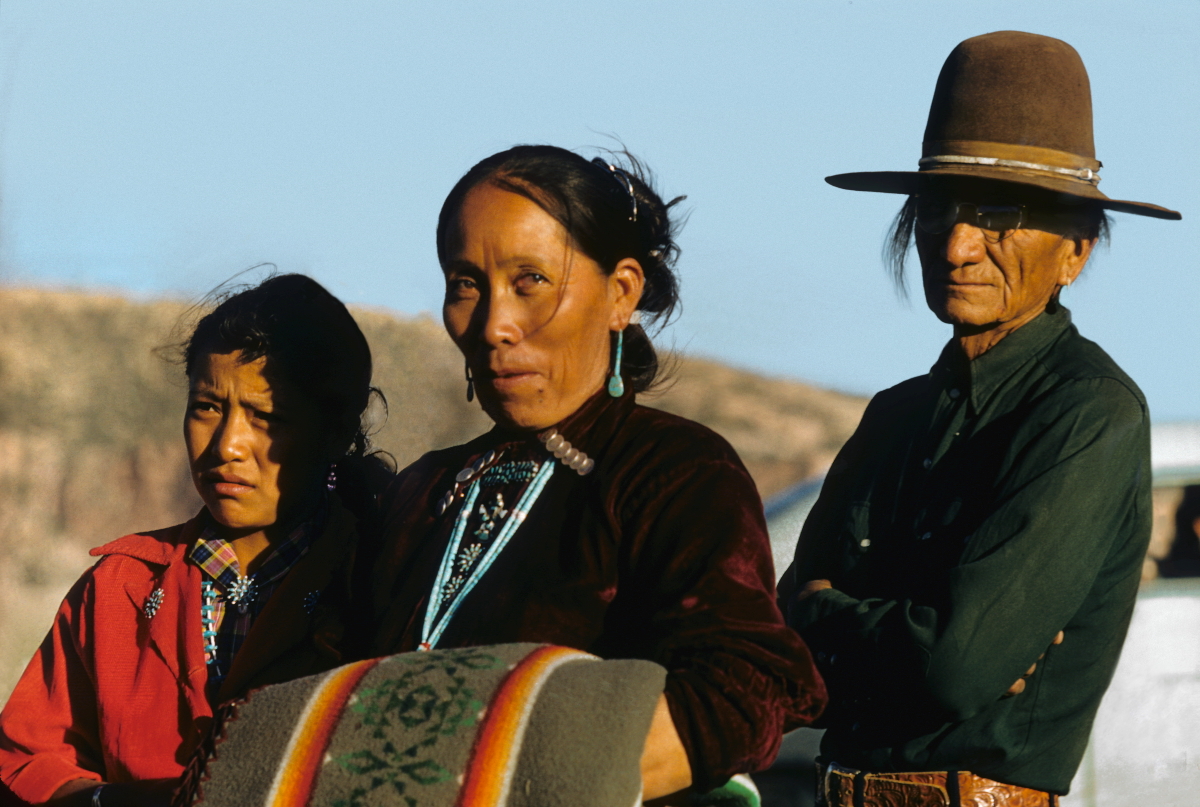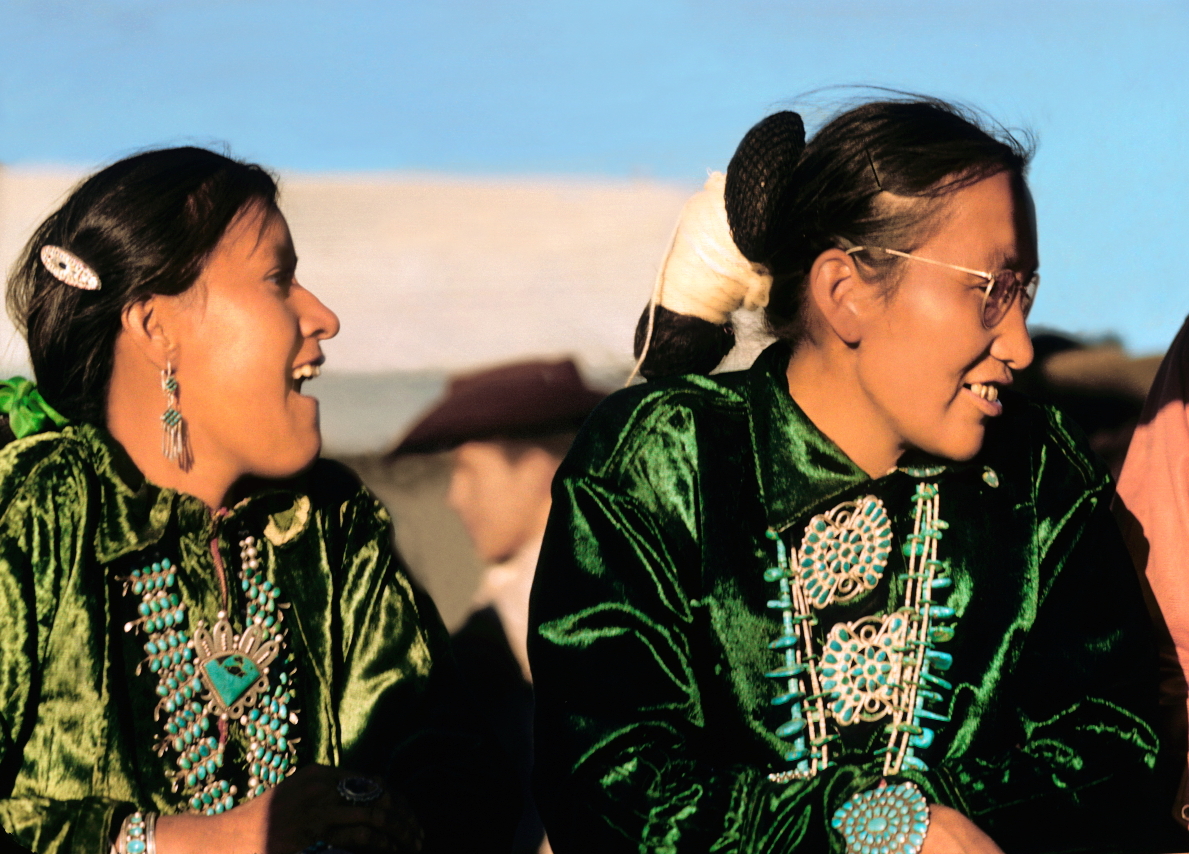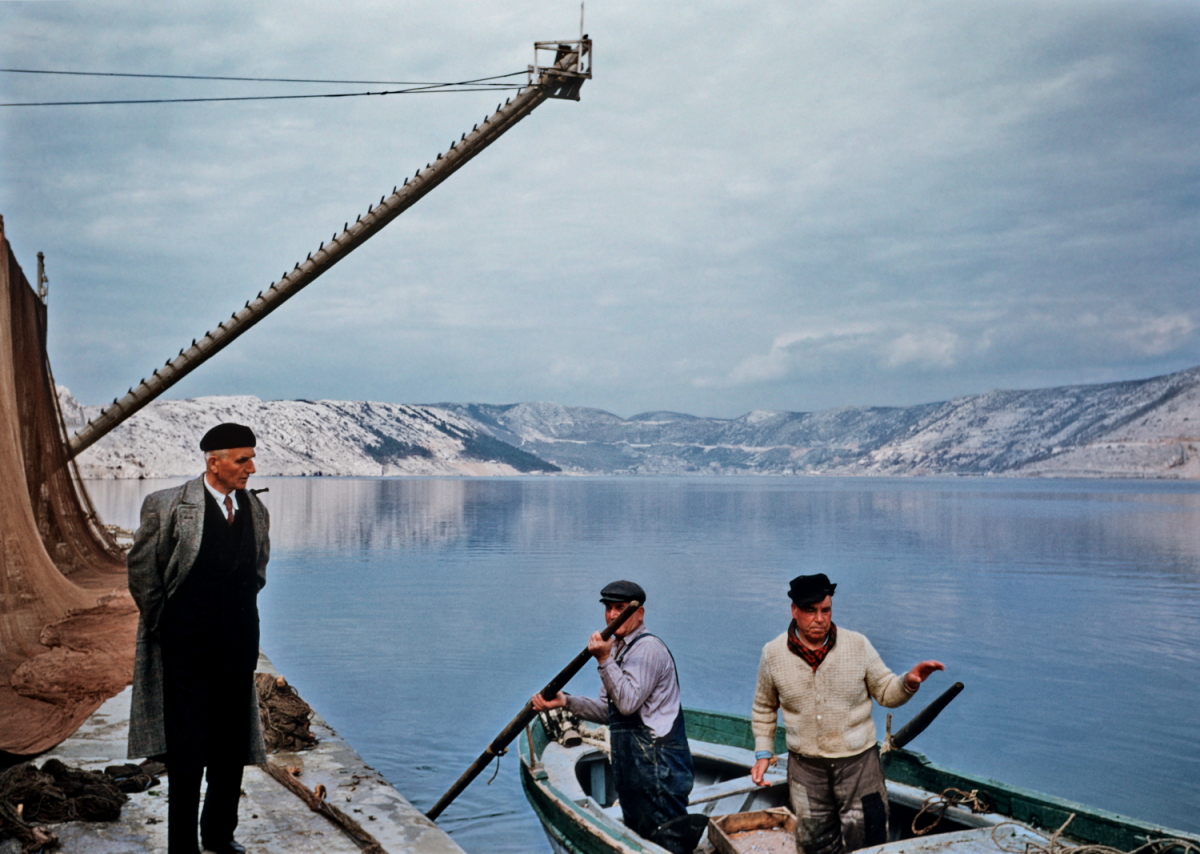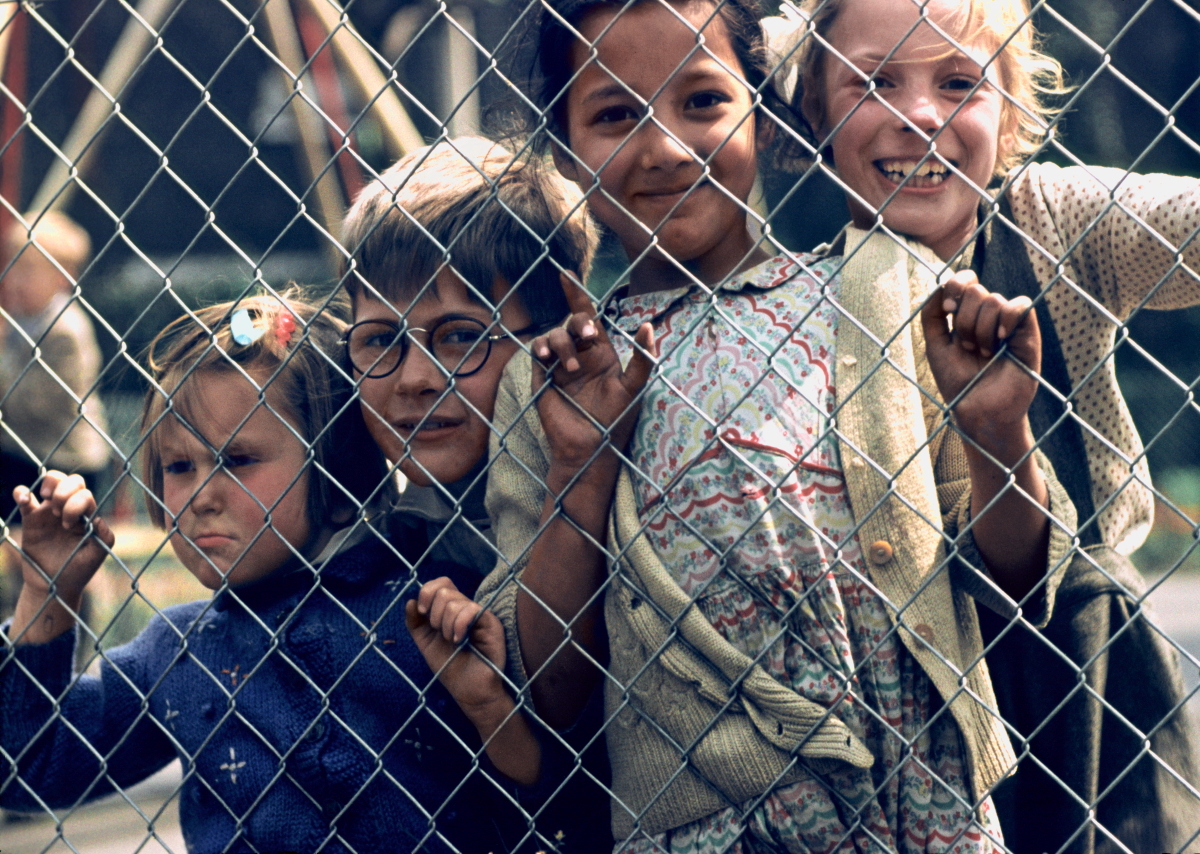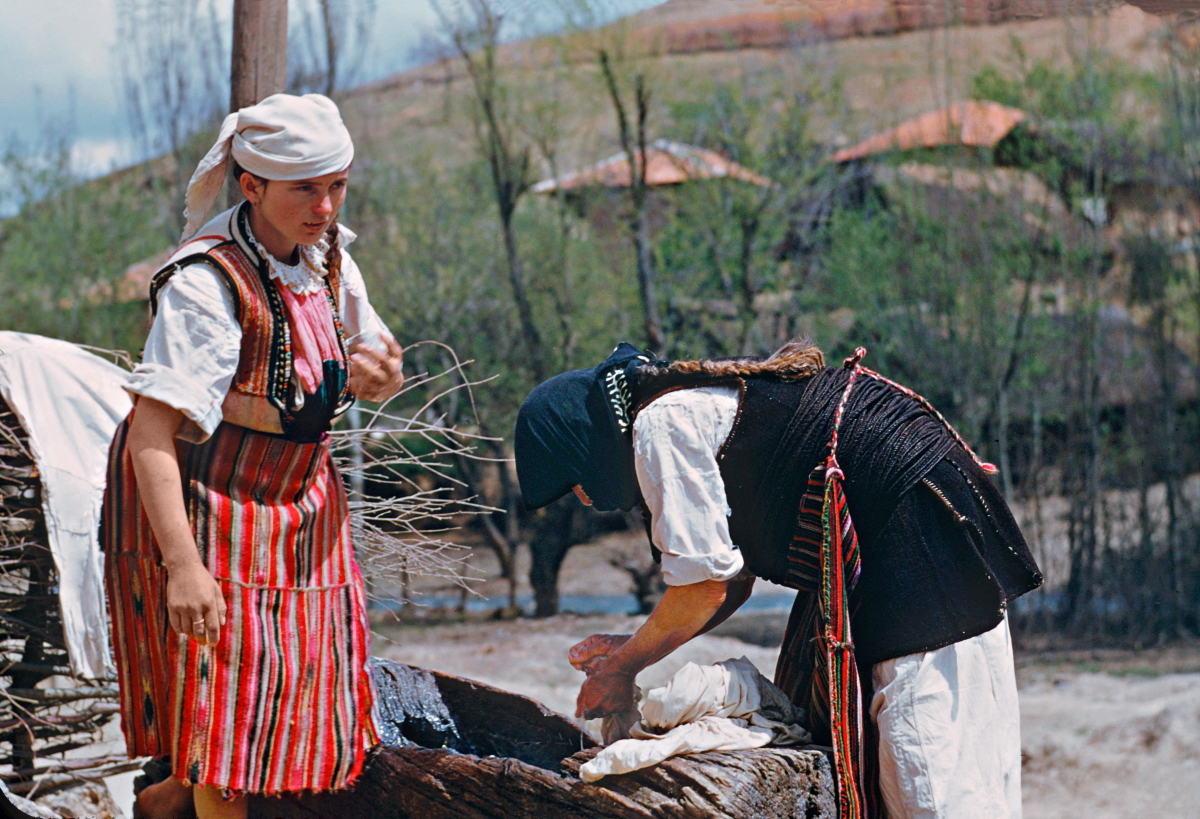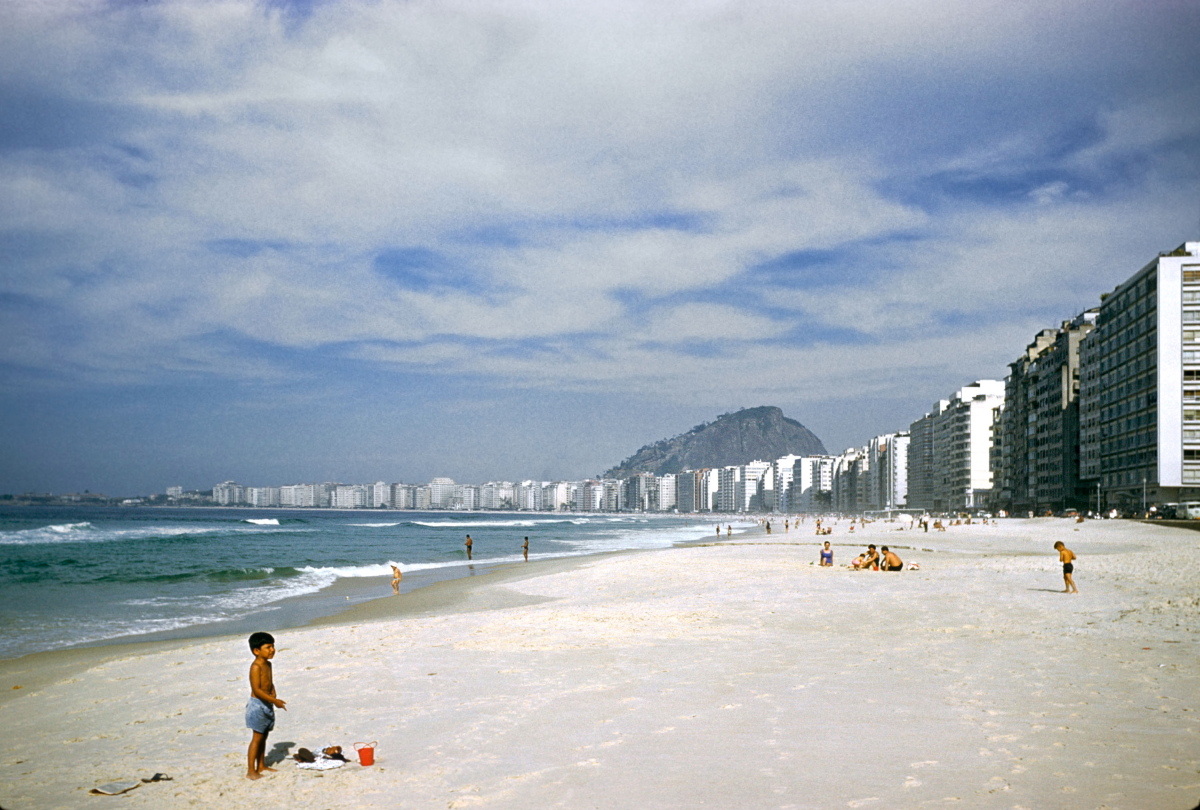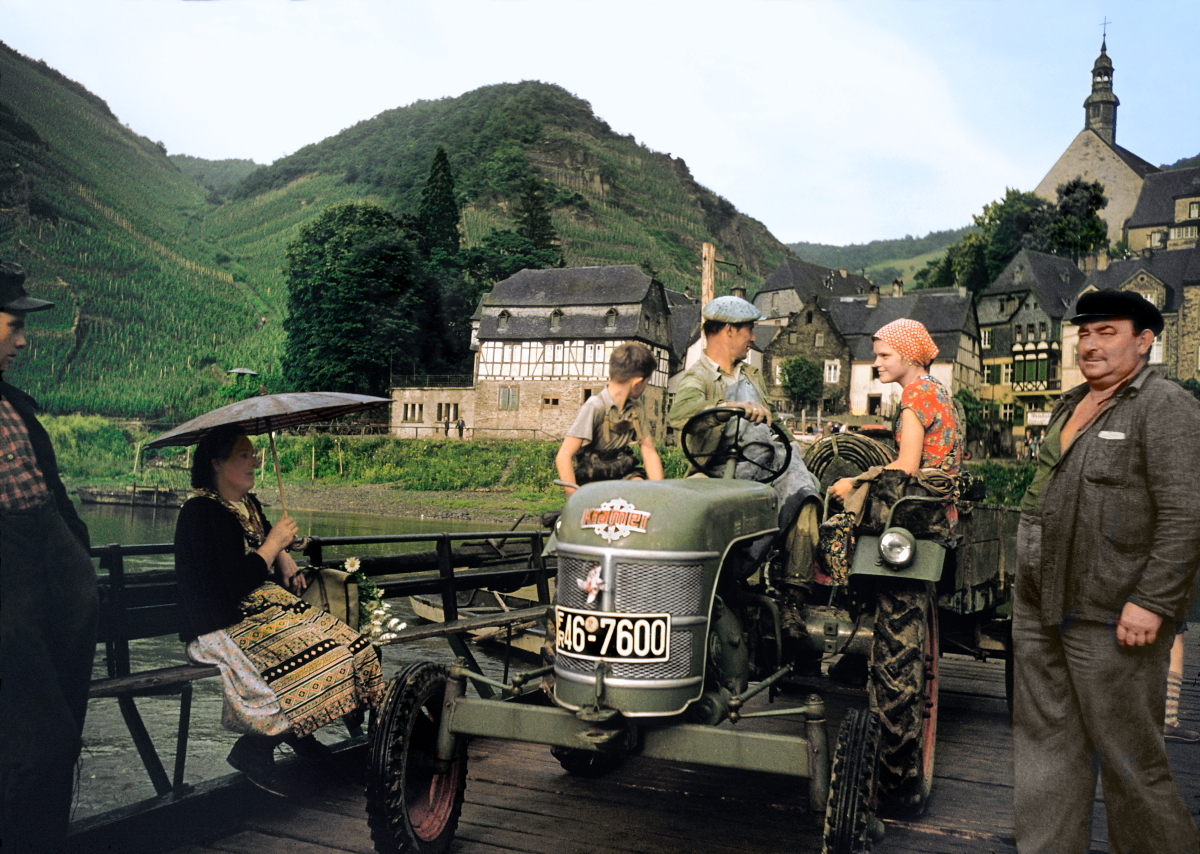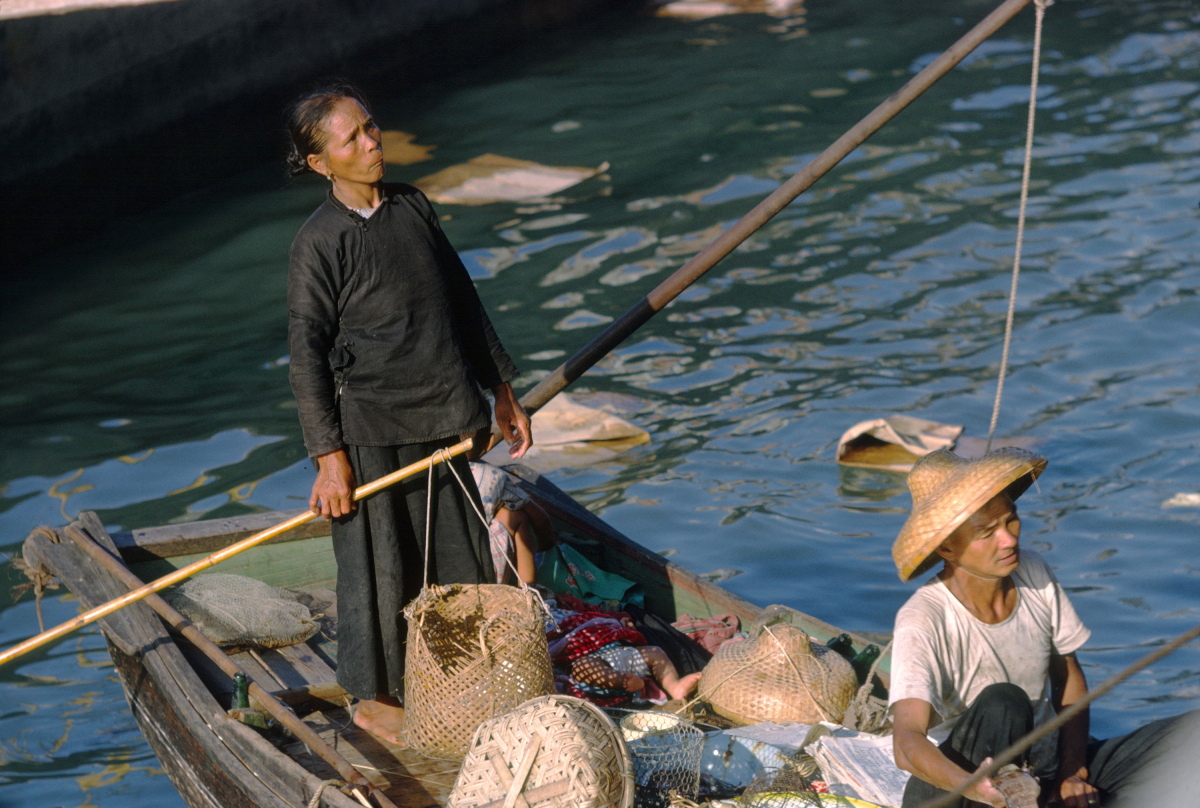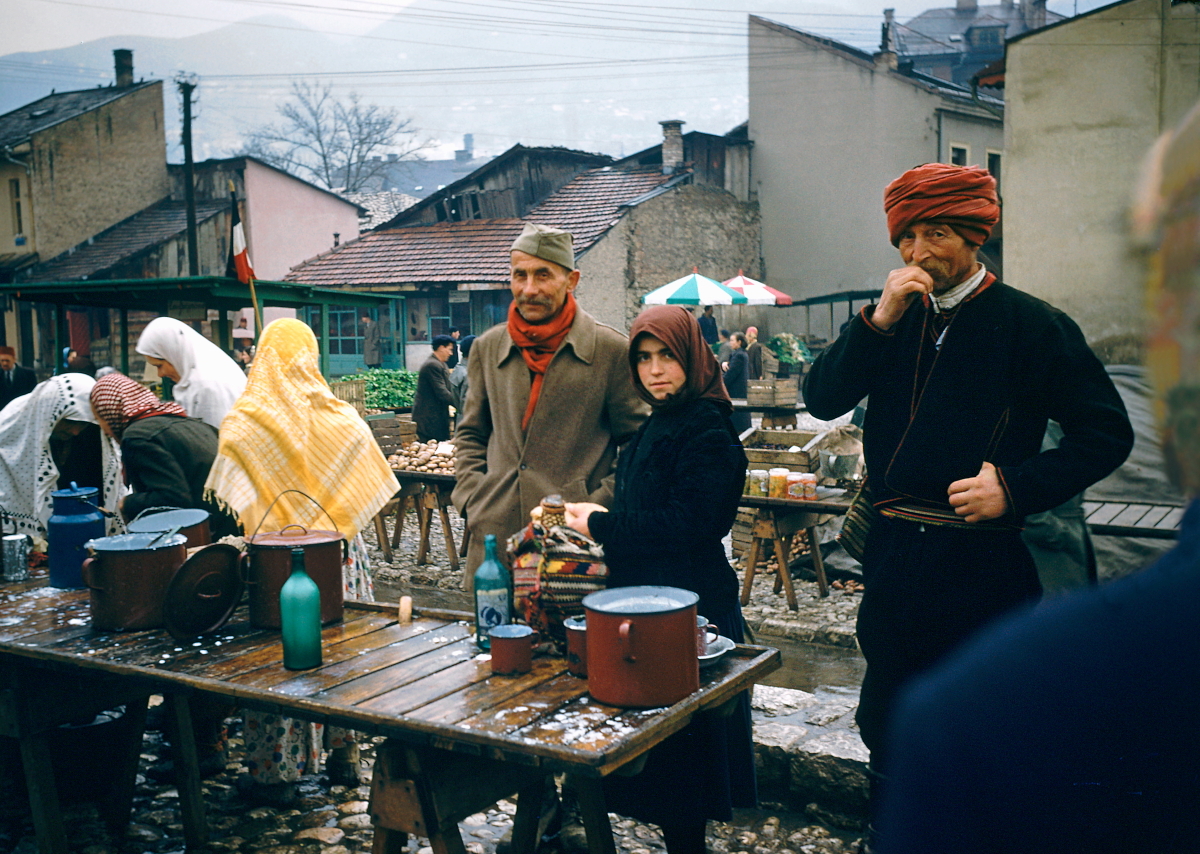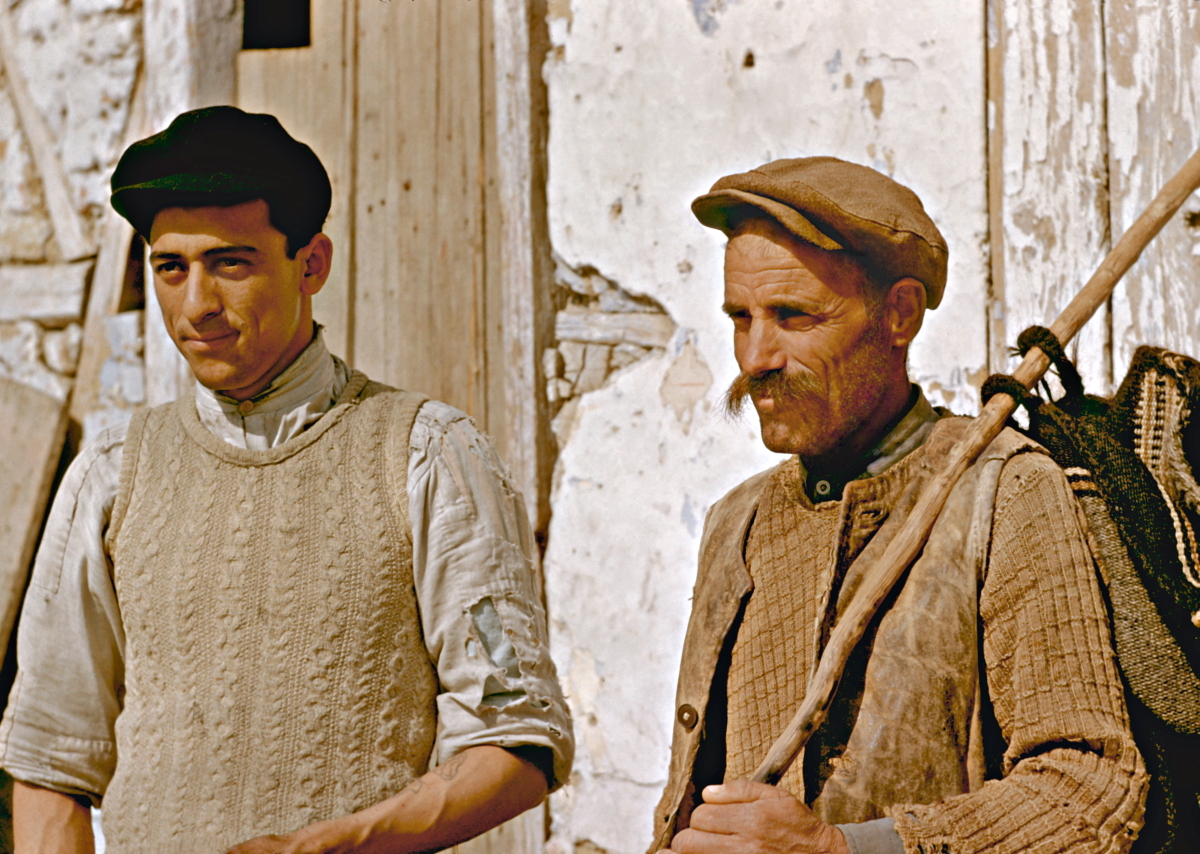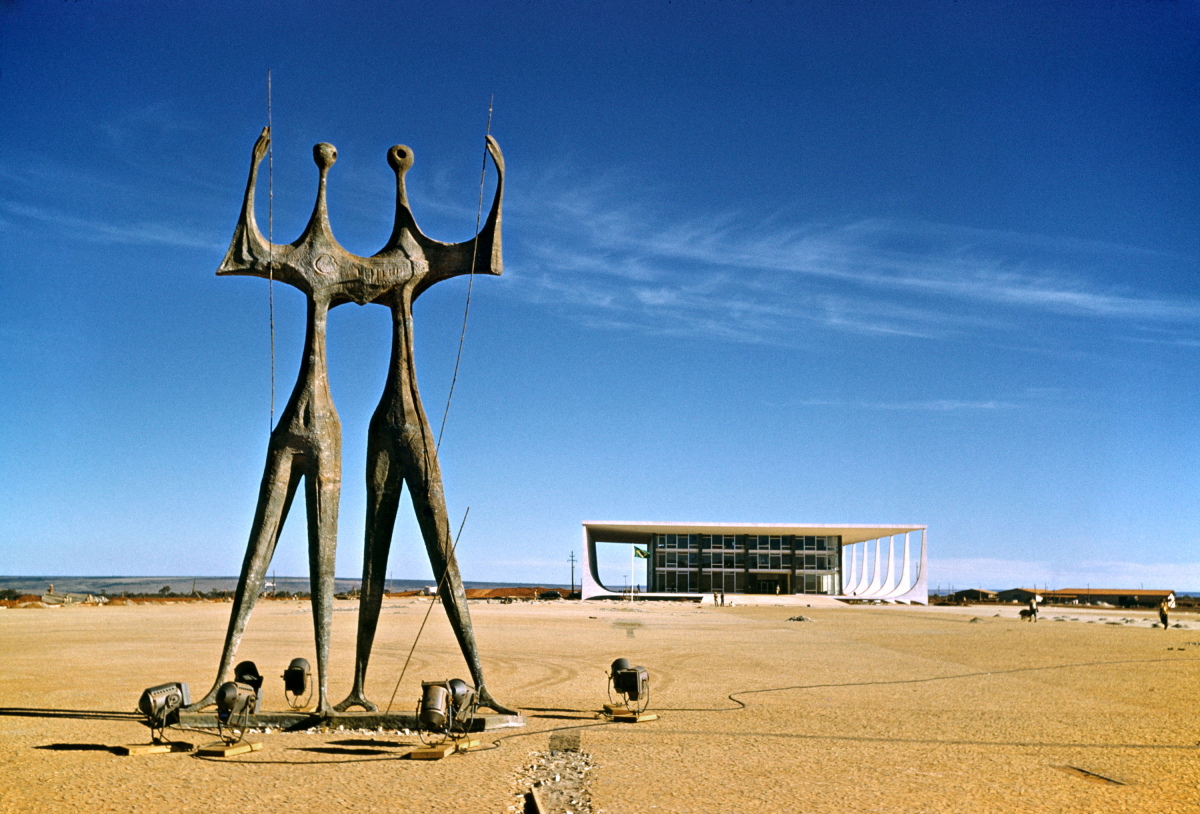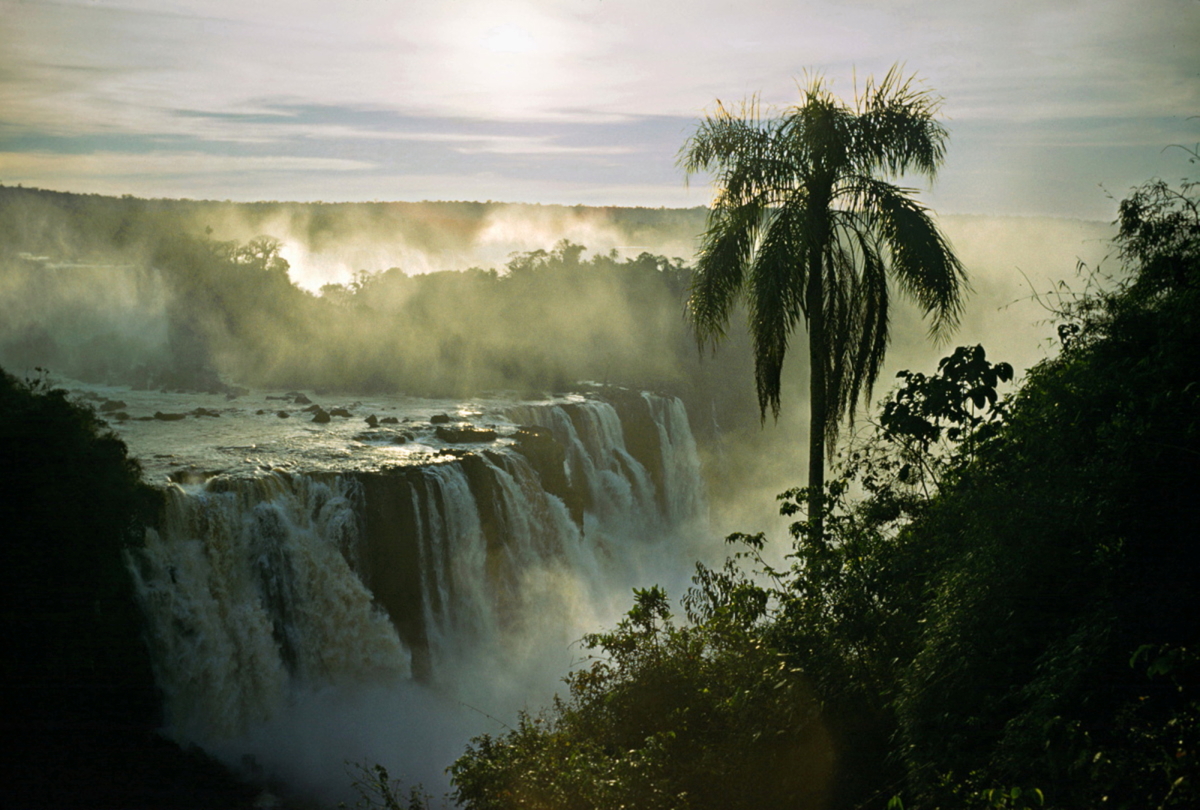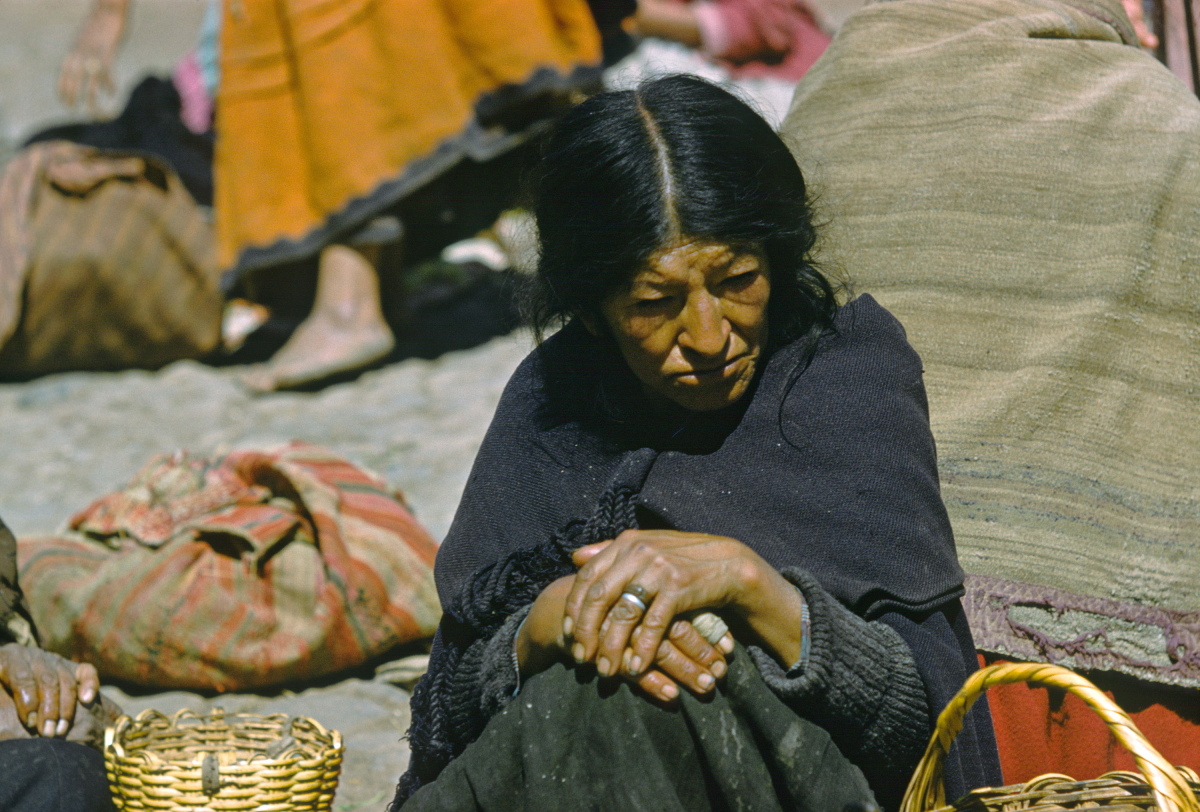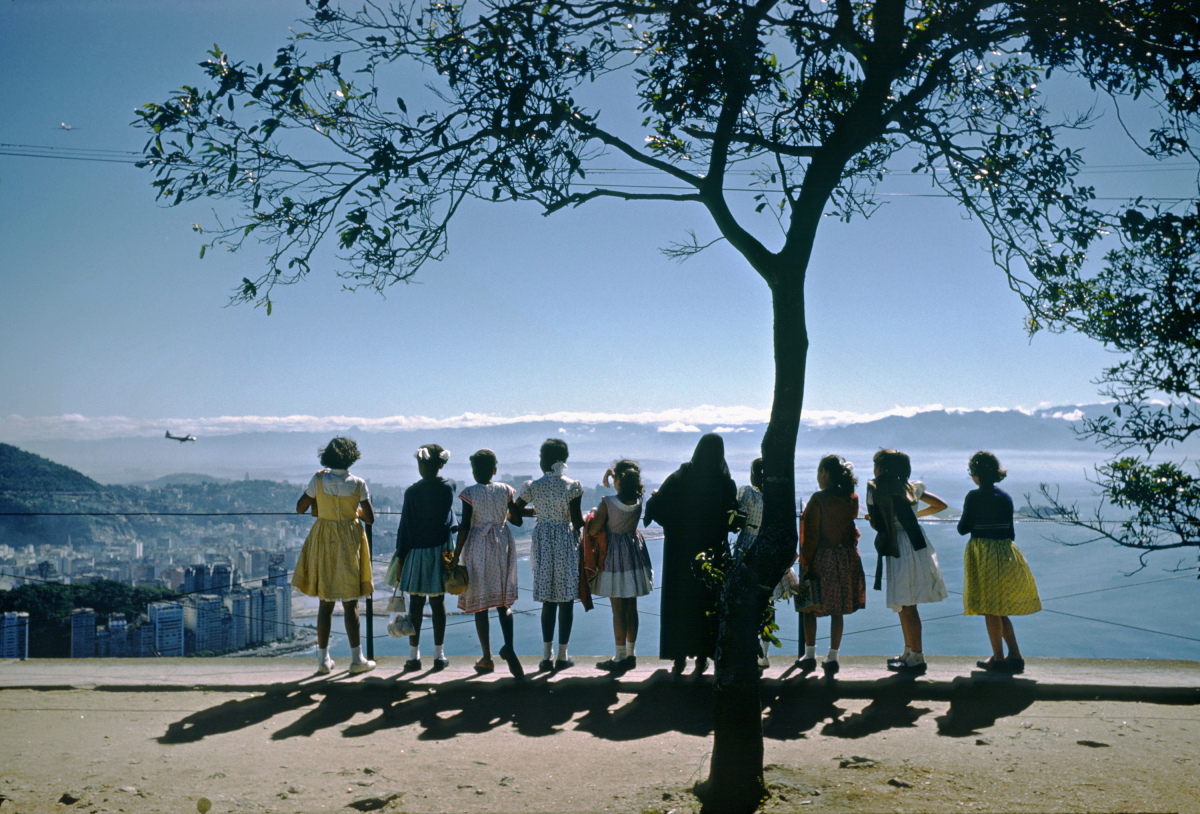“The visible image represents an invisible truth”
– from a 10th century manuscript
Martin Karplus (born March 15, 1930) is a chemist, Professor emeritus at Harvard University, and Nobel Laureate in 2013 who has spent the past fifty years consumed by a passion for documenting humanity in thousands of photographs. His photographs capture societies in Europe, Asia and the Americas at pivotal moments in their cultural and economic development in rich Kodachrome color.
Below is an essay Martin wrote on his love for cameras and photography:
Martin Karplus: IMAGES OF THE 1950’s and 1960’s
When I was completing my PhD at Cal Tech in 1953, my parents gave me a Leica IIIC. I brought the Leica with me to Oxford, England where I had a postdoctoral fellowship at the Mathematical Institute. Since I was only 23 years old and had studied continuously all the way through graduate school, I was eager for the sojourn in Europe to provide experiences beyond science.
A National Science Foundation fellowship gave me a generous (at the time) salary of $3000 per year, which was sufficient to do considerable traveling. Outside of the three six-week university terms during which I was in residence in Oxford, I made numerous trips throughout Europe. Meeting people and being exposed to their cultures, art, architecture, and cuisines was an incredible experience, which has had a lasting effect on my life.
Throughout these travels, I was intent on recording what I saw and took many photographs. They preserve my vision of a world, much of which no longer exists. Economic development, universal communication, and war have taken a heavy toll: Many of the towns and villages have been destroyed or replaced, everyday costumes of the time are worn only at events for tourists, and much of the social fabric of the communities has been destroyed. Many of the people I photographed belonged to the last generation to live in a way that had lasted for centuries. The areas I visited in Europe and America had their own traditions, many of which have now disappeared as the world has been homogenized.
To obtain these images, particularly those of people, I used a Hector long focus lens. Its reflex viewer made possible recording an image while facing away from the subject. This permitted me to take close-ups of individuals and crowds without their being cognizant of what I was doing. Much later I learned that Paul Strand and Walker Evans used the same stratagem in the early 1920 to obtain some of their famous black-&-white images.
During the academic year 1999-2000 I found myself again living in Oxford, as Eastman Professor. While there, I was introduced to an excellent photographic craftsman, Paul Sims (Colourbox Techunique), who scanned some of the slides so that digital exhibition prints could be made. The first exhibition of the prints was held at The Cloisters (National Institutes of Health) in Bethesda, Maryland (April 2005). This was followed by solo exhibitions at the Carpenter Center for Visual Arts at Harvard University (November 2005), at the Panopticon Gallery in Boston (August/September 2006) and at the Wolfson College Gallery in Oxford, England (November/December 2006). A solo exhibition took place at Stimultania in Strasbourg, France in May, June, 2008) and at the Cambridge Multicultural Center in Cambridge, Massachusetts (November, December, 2008).
Images from the collection were projected at the Transphotographique Festival in Lille, France (Spring, Summer 2009) and in a group show at the Real Colegio Complutense in Cambridge, Mass. (April, May, 2011). A solo exhibition was held at the Stoneham Theatre Gallery of the Griffin Museum of Photography in Stoneham, Mass. (January-March, 2012), at The Gallery of the Hallmark School of Photography in Turner Falls, Mass. (April- June, 2012), and at the Multicultural Art Center in Cambridge, Mass (August-December, 2012. A large solo exhibition took place at the Bibliotheque Nationale in Paris, France (May-August, 2013).Since then there have been exhibitions at the Austrian Cultural Forum in New York (September-December, 2014) and in Washington, D.C.(January-March, 2015), as well as in the David Rockefeller Center for Latin American Studies, Cambridge, Mass. (March-June, 2015). There is a permanent exhibition at The Institutt de Science et d’ingenierie supramoleculairs, Strasbourg, France.
I now work with a digital camera, a Canon EOS 20D. It is an excellent camera but does not have the lens of a Leica nor the resolution and color quality of Kodachrome. I have concentrated on projects in China and India where corresponding changes are now taking place and impinging on a cultural heritage that has existed for generations.
A lovely book of Martin’s pictures can be bought here.
Would you like to support Flashbak?
Please consider making a donation to our site. We don't want to rely on ads to bring you the best of visual culture. You can also support us by signing up to our Mailing List. And you can also follow us on Facebook, Instagram and Twitter. For great art and culture delivered to your door, visit our shop.
